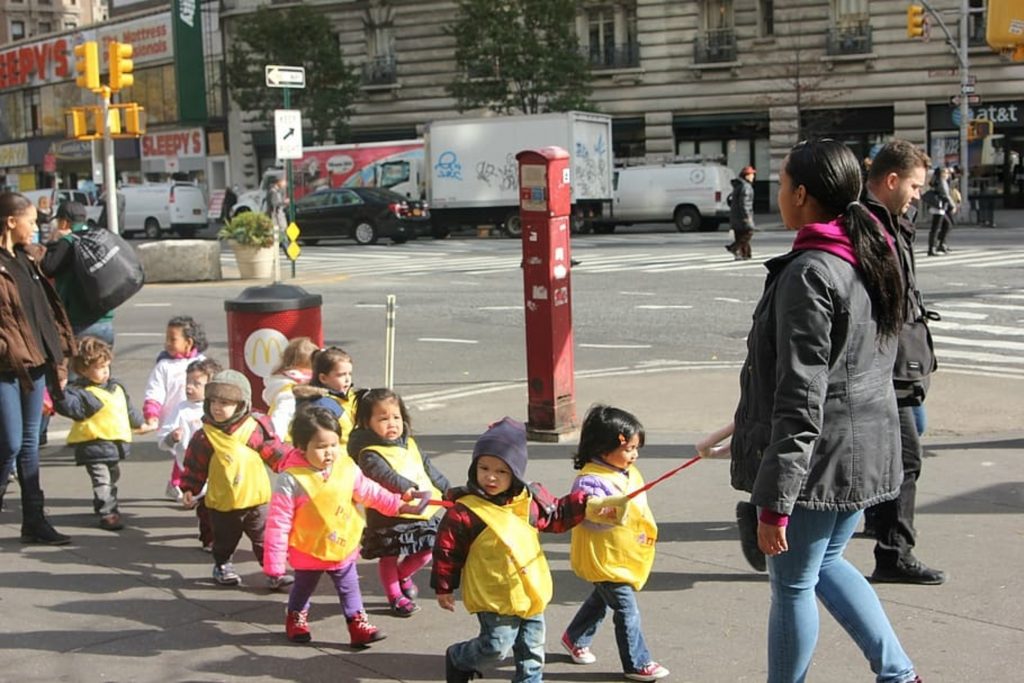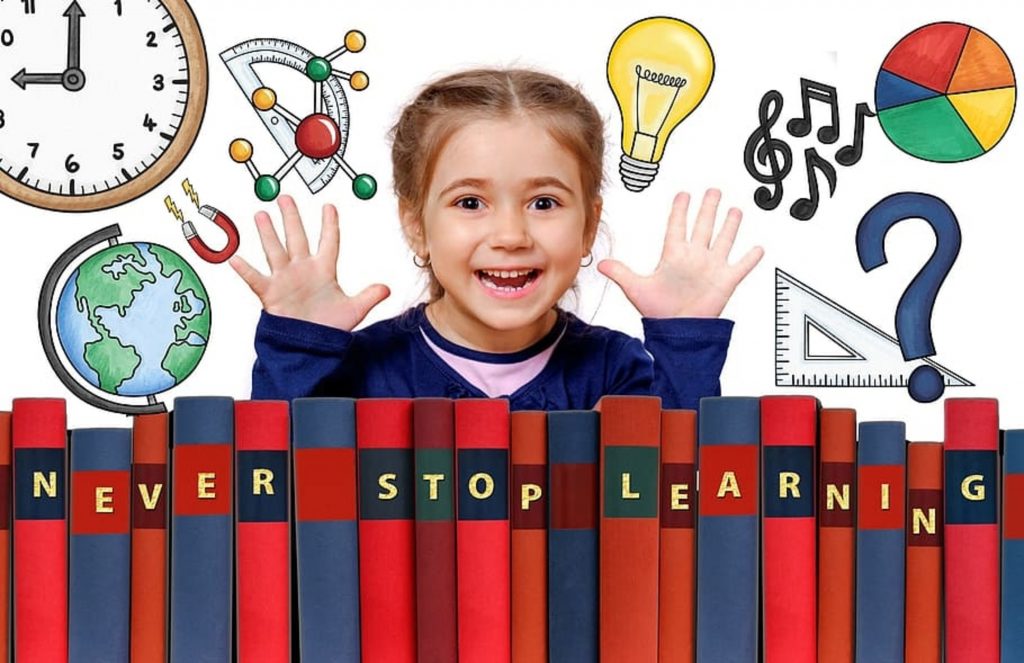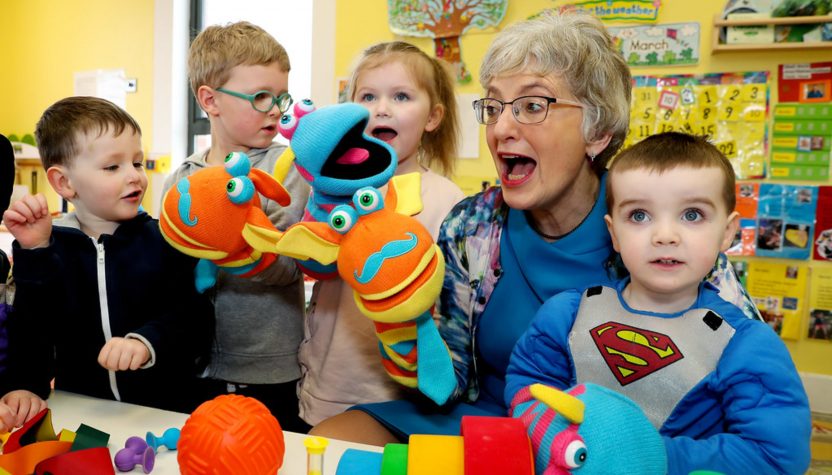It is never too early to impart essential lessons for young persons. Even the instruction given to preschoolers could exert a significant impact on their development later in life. Therefore, if you are a preschool instructor or parent of a child representing this age, the emotional and social growth of said individuals could be fostered by adhering to the following practices:
Stress The Consequences Of Behavior
The behavior of preschoolers could prove challenging for teachers, parents, and other close relations to handle from time to time. Children of this age tend to throw temper tantrums and display other emotional outbursts. Though many adults often ignore or give in to the child’s desires when such events occur, deterring such behavior typically contributes to better social and emotional development. Young people who are taught that poor behavior usually precipitates negative consequences are less likely to engage in detrimental actions as they grow older.
Establish Rules
Preschoolers are at an age where they are experiencing rapid mental and social advancement. As their senses develop and curiosity increases, said youths are liable to explore. That said, these youngsters need to learn to abide by rules.
Curiosity and exploration can be positive attributes. However, preschool-age children are do not yet comprehend that these traits can be taken too far and elicit untoward or potentially painful outcomes. You need to stress to said subjects that rules are limitations geared towards preventing such adverse outcomes from occurring. If this point is conveyed correctly, the youngsters in question might be encouraged to respect the limitations of themselves and others.

Encourage And Display Affection
Arguably, one of the most efficient methods of spurning a preschooler’s emotional growth is through displays of affection. Very young kids do not yet understand that adults like teachers and loved ones like parents and grandparents genuinely care for them. Therefore, social and emotional development often hinges on your ability to convey a nurturing and affectionate atmosphere. Such displays may include calm tones of voice, hugging, and kind words often foster strong and lasting bonds.
Stress The Importance Of Independence
While learning to build meaningful social relationships are critical, preschoolers must also be taught the importance of independence. Sometimes individuality spurns creativity, problem-solving, and freedom. If you stress individual actions at an early age, independent thinking is also more likely to occur at an earlier developmental stage.

Listen
Educational professionals and child psychologists seem to agree that one of the most valuable tools you can employ to stimulate a child’s social and emotional growth is the ability to listen. Young children are learning about the world for the first time and are liable to express a great deal of excitement. Listening demonstrates that you are sharing in their happiness. Tuning a child out or not expressing a serious interest in their feelings could have severely adverse consequences as the subject ages.

